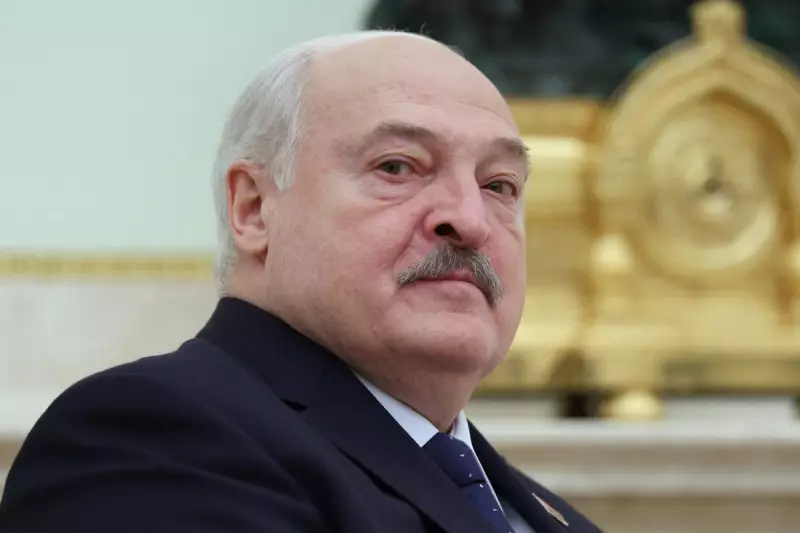
Belarusian President Alexander Lukashenko has issued a stark threat to confiscate more than 1,000 Lithuanian commercial vehicles currently stranded inside his country's borders. This dramatic escalation follows a decision by Lithuania to shut down two key border crossings with its neighbour.
The Spark: Border Closures and 'Weather Balloons'
The current crisis was triggered on 29 October, when Lithuanian authorities closed the Šumskas and Tverečius border checkpoints. Officials in Vilnius stated the move was a direct response to repeated incursions by weather balloons, which were allegedly used to smuggle cigarettes from Belarusian territory, causing significant disruptions to air traffic.
Lithuania has interpreted these unusual aerial provocations not as isolated incidents, but as part of a wider campaign of anti-Western activities. They believe these actions are orchestrated by the Russian-aligned government in Minsk with the intent to destabilise the region.
Lukashenko's Retort and 'Hybrid War' Accusations
In a fiery response, President Alexander Lukashenko condemned Lithuania's border closure, labelling it a 'mad scam' and an act of 'hybrid war'. He demanded the immediate and full reopening of the border crossings, using the stranded Lithuanian lorry fleet as a bargaining chip.
Lukashenko explicitly warned that if the border is not reopened, his government will proceed with the seizure of the vehicles. This threat places immense pressure on the logistics and transport sectors of Lithuania, a key European transit nation.
Broader Implications for European Security
This bilateral dispute unfolds against a backdrop of heightened alert across Europe concerning airspace violations. NATO members have reported increased drone intrusions, and the situation on the Belarus-Lithuania border is being watched closely as a potential flashpoint.
Adding another layer to the geopolitical standoff, Lukashenko indicated that he intends to discuss the escalating border issue directly with Washington, suggesting a desire to internationalise the conflict and potentially bypass European mediators.
The confrontation highlights the fragile state of security in Eastern Europe and the ongoing challenges posed by the Belarusian regime's close alliance with Russia, keeping diplomats and security experts on high alert.





